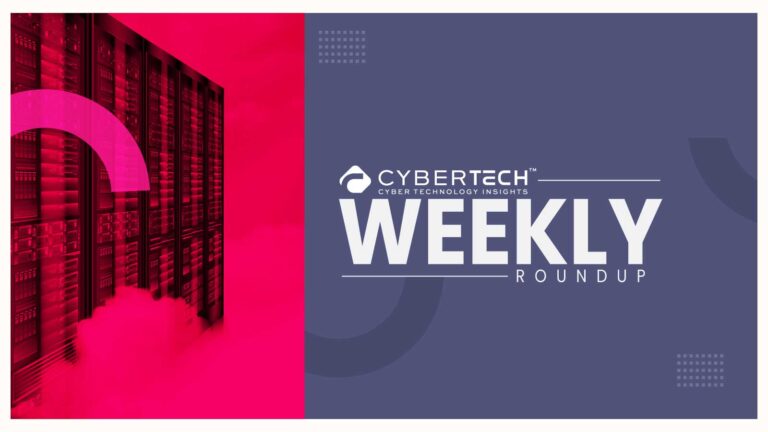With AI technology, a business can no longer just experiment with it. It has to move to the core of the business operations. Palo Alto Networks and NVIDIA announced a strategic collaboration at NVIDIA GTC 2025 to secure the next generation of AI Factories – specialized infrastructures designed to build and scale intelligence at unprecedented speed. According to Gartner, worldwide enterprise spending on AI is projected to reach $644 billion in 2025, a 76% increase from 2024, reflecting the urgency of securing AI infrastructure at scale.
This partnership between the two companies extends the integration of Palo Alto Networks Prisma® AIRS™ with the data-processing units of NVIDIA BlueField, embedding zero-trust security directly into AI systems. The objective: protect AI throughout the entire process – from data ingestion to model deployment – while keeping the speed of operation intact.
AI Factories: The New Engine of Innovation
AI Factories, according to NVIDIA, are “manufacturing plants for intelligence,” which process raw data to create models that can then be used. Due to their enormous size, scattered workloads, and dependence on the most vulnerable type of information, these cyber-risk areas have come to exist, and traditional defense mechanisms are insufficient to deal with them.
“The AI Factory is the new engine for value creation, and securing it is a board-level imperative,” said Meeeah Rajavel, CIO, Palo Alto Networks. “By working with NVIDIA, we can install security directly into the AI framework, thus providing the leaders with the trust they need to innovate responsibly.”
Zero Trust at the Core
Prisma AIRS AI Runtime Security, the most prominent feature of the integration, is implemented on NVIDIA BlueField. The platform provides:
Zero Trust Enforcement: Security functionalities that are distributed and built into the device.
Real-time Threat Detection: A monitoring system without agents, which does not interfere with the performance of AI.
Lifecycle Protection: The ability to always see what is going on, from the stage of training to the stage of inference.
McKinsey finds that over 50% of organizations are now investing in cybersecurity and regulatory compliance as part of their AI roadmap, reflecting the growing importance of zero-trust frameworks for AI workloads.
“On the other hand, it is equally important and crucial to protect the AI factories,” said David Reber, Chief Security Officer & Head of Product Security at NVIDIA. “With Prisma AIRS running on NVIDIA BlueField, organizations can achieve both security and scalability in AI.”
From Perimeter Defense to Embedded Security
This collaboration is a move away from standard perimeter defenses to secure-by-design AI architecture. With security being put right in the DPU layer, Palo Alto Networks is making sure that each AI workload is not only independently secured but also visible via Strata Cloud Manager and Cortex® analytics.
The company’s strategy is consistent with the industry pattern of embedding AI-native security, which is a must-have feature for handling the highly dynamic data flows in AI environments of the present time.
Building for the Next Generation
Prisma AIRS, as tested on NVIDIA RTX PRO Server, is the tool that enterprises can use to have a trouble-free move from general-purpose clusters to AI Factory infrastructure. The next NVIDIA BlueField-4, scheduled for 2026, will be able to deliver 800 Gb/s throughput alongside advanced multi-tenant capabilities, thereby facilitating gigascale AI security to evolve.
The industry analysts consider the partnership as a potential carrier of ideas to the enterprise AI protection field, the place where cybersecurity and compute power co-evolve gradually.
Driving Business Confidence and Innovation
As AI becomes more and more linked to business results, companies are making security their top priority, a necessary condition for success. When enterprises use zero-trust security down to the infrastructure level, they are able to roll out AI solutions quickly, make safe trials with new models, and extend their activities without giving away any valuable information. In this way, the risk is lowered while the trust in AI-based decision-making is heightened. Research reports that 72% of companies now use AI in at least one business function, underlining the critical role of secure AI operations across sectors like healthcare, finance, and manufacturing.
The Broader Impact on Enterprise AI Adoption
Industry insiders state that the collaboration between Palo Alto Networks and NVIDIA will be the main driver in the rapid enterprise implementation of AI Factories in various sectors such as healthcare, finance, and manufacturing. The use of AI in its full capacity will be possible for organizations while they remain compliant and secure against the latest cyber threats, thanks to the combination of advanced security, hardware acceleration, and end-to-end monitoring.
To participate in our interviews, please write to our CyberTech Media Room at sudipto@intentamplify.com








